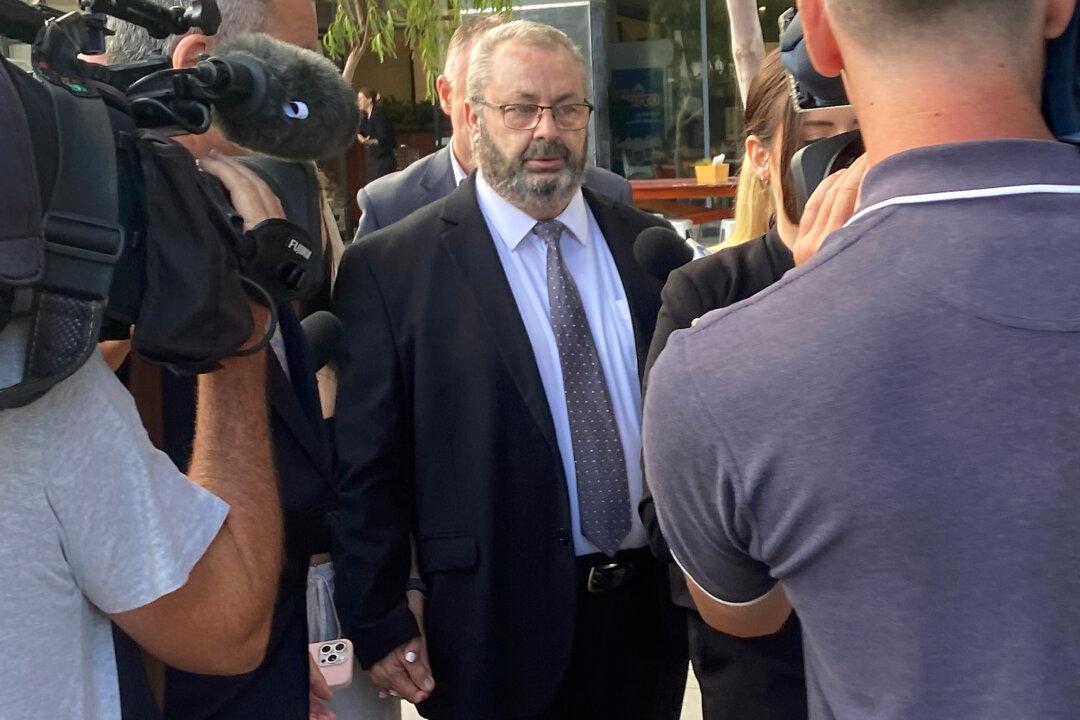Families who lost loved-ones in a deadly bus crash have sued over the roundabout where the tragedy took place as the driver responsible stares down decades in prison.
Brett Button, 59, was sentenced on Sep. 11 to 32 years, with a non-parole period of 24 years, for killing 10 passengers and injuring 25 others who had been celebrating a young couple’s wedding in the New South Wales (NSW) Hunter Valley.





